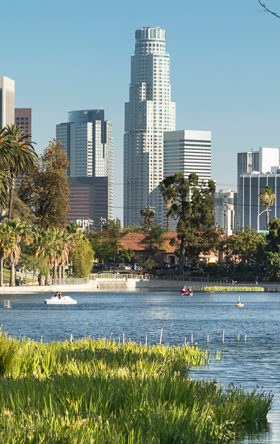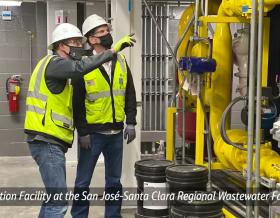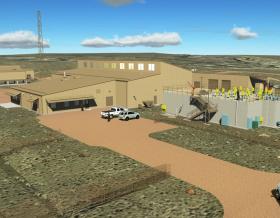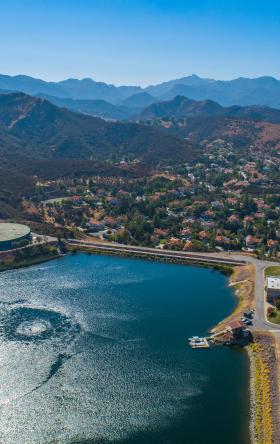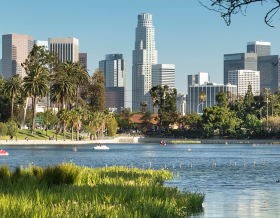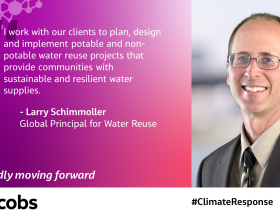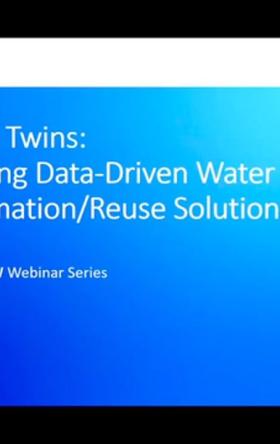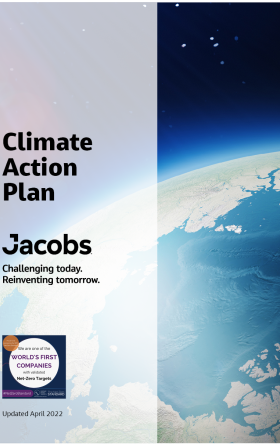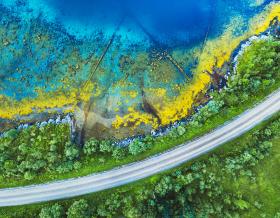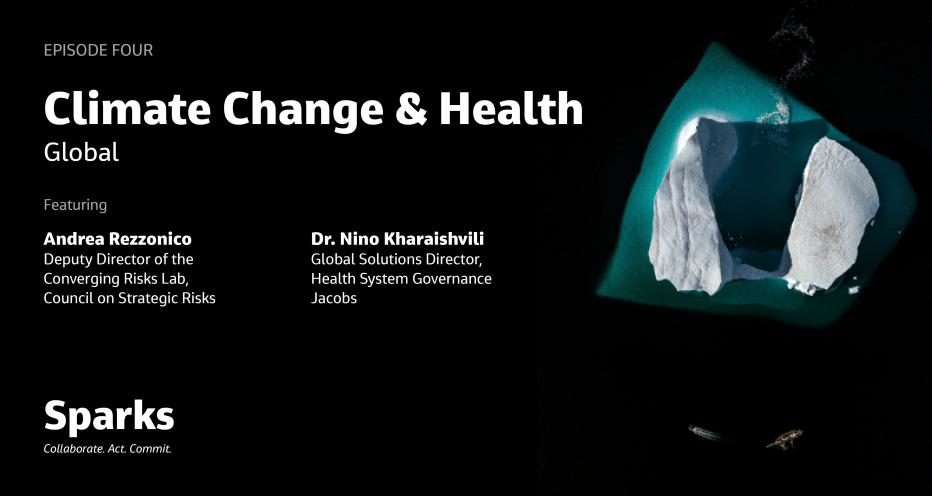
Climate change impacts essential elements of our environment and health by intensifying existing health threats and supporting emergence of new global health problems. Some notable issues that climate change exacerbates are respiratory and cardiovascular diseases, injuries related with environmental changes, as well as food and water safety/security and changes into infectious diseases pattern. The World Health Organization estimates that between 2030 and 2050, climate change will cause 250,000 additional deaths per year and will increase costs to health by 2-4 billion per year by 2030. In addition, climate change is a major contributor to complex emergencies that are more frequent than ever.
In this episode, we speak with Dr. Nino Kharaishvili and Ms. Andrea Rezzonico about health and climate intersection and how it impacts the global One Health initiative and our common ecosystem. We will be exploring geographical areas around the globe and examine population categories that are most affected by the climate change and complex emergencies.
We will also be discussing some actions that policy makers and leaders around the world need to take to build population resilience towards adverse effects coming from the climate change.
Andrea Rezzonico
Deputy to the CEO & Deputy Director, The Converging Risks Lab, Council on Strategic Risks

Andrea Rezzonico is the Deputy to the CEO and the Deputy Director of the Converging Risks Lab. She has co-led the development and execution of CSR’s converging risks work since 2016, beginning with its inaugural project analyzing the nexus of climate change, nuclear trends, and security dynamics. Much of her work at CSR centers on issues such as climate change impacts, shifts in international order, nuclear developments, ecological degradation risks, and weapons of mass destruction. She has written various reports spotlighting many of these intersections around the world. She is particularly interested in navigating and preparing for complex and/or simultaneous emergencies centered on the aforementioned issues. Andrea holds an M.A. in global security with a concentration in energy and environmental security from Johns Hopkins University and a B.A. in international affairs from Florida State University.
“As global temperatures rise, extreme events associated with climate change will be increasingly layered over and/or intersect with other vulnerabilities This has and will continue to produce cascading and/or simultaneous crises. Or in other words: complex emergencies. This is an overlooked yet critical angle in my opinion, and a nexus we are struggling to comprehensively address.”
Dr. Nino Kharaishvili
Global Solutions Director, Health Systems Governance, Jacobs
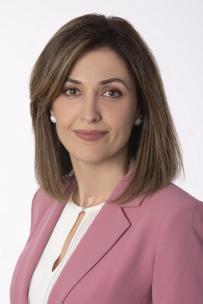
Dr. Nino Kharaishvili is a healthcare expert with a working knowledge of 40 different countries across the former Soviet Union, Africa, South East Asia, and Middle East. She has over 17 years of international health consulting experience and has managed teams specializing in global health security, health system preparedness, disease surveillance, biosafety and biosecurity, program metrics and evaluation.
Dr. Kharaishvili now serves as a Global Solutions Director for Health Governance and focuses on health system resilience and preparedness. As health systems are adapting and transforming to become more effective and resilient, they require the support of advanced governance frameworks and alignment of functional responsibilities, reporting hierarchies and funding mechanisms. Jacobs advises governments, healthcare agencies, organizations and communities on creating and implementing new pathways for effective decision-making, resource management and operational environments. We focus on system structure, policy frameworks, oversight mechanisms, financial models, healthcare coalitions and accountability.
“There are many impacts of climate change that directly impact human health and it is critical for the healthcare sector to adopt the mindset of decarbonization, set goals, and cut emissions to a more greener, sustainable ways of operation.”
We hope you enjoyed the podcast. If you have any questions or would like to reach us or our guests, we would love to hear from you. Find out more about COP26 and get in touch with us here.


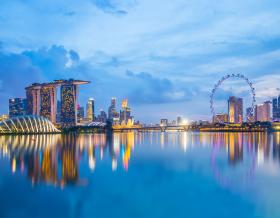

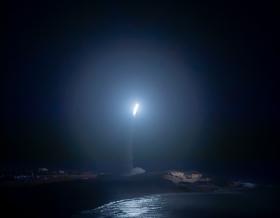
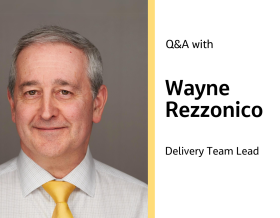

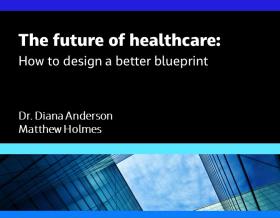
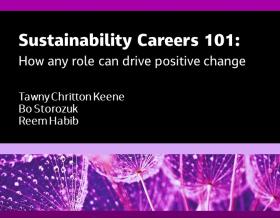
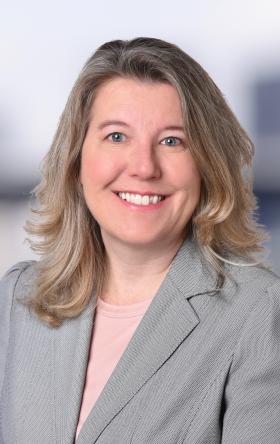
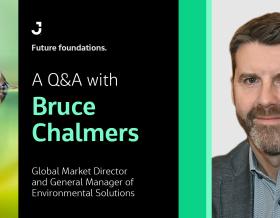
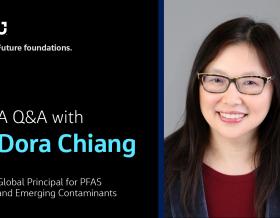
2c4e.jpg?h=c7c14dee&itok=FmPI2126)



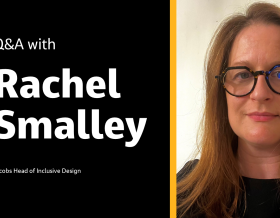

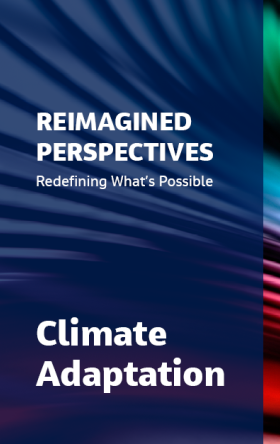
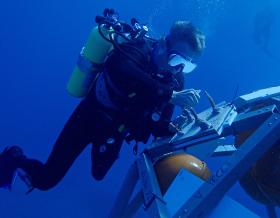
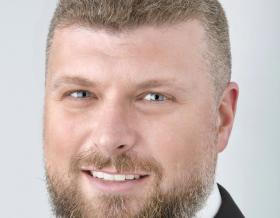
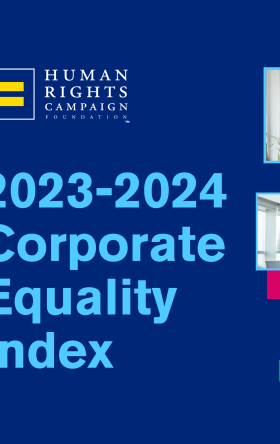
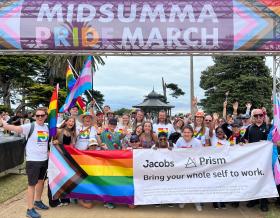
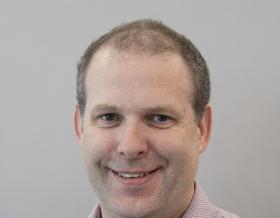
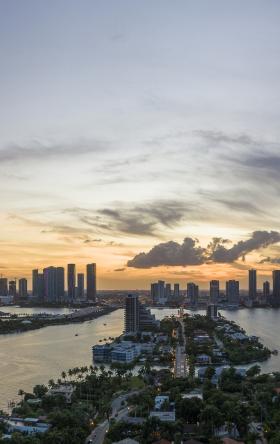




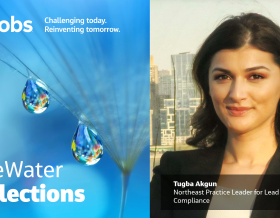
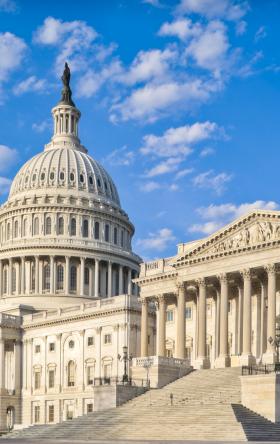
_0ac2b.jpg?h=8a6d63f3&itok=5vsqFiQH)

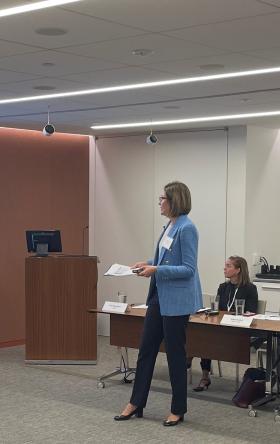

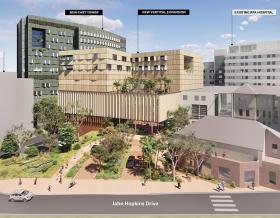


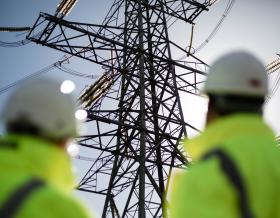
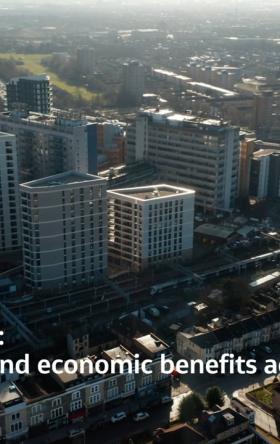

2747.png?h=1314d3d4&itok=rFs9mG95)
